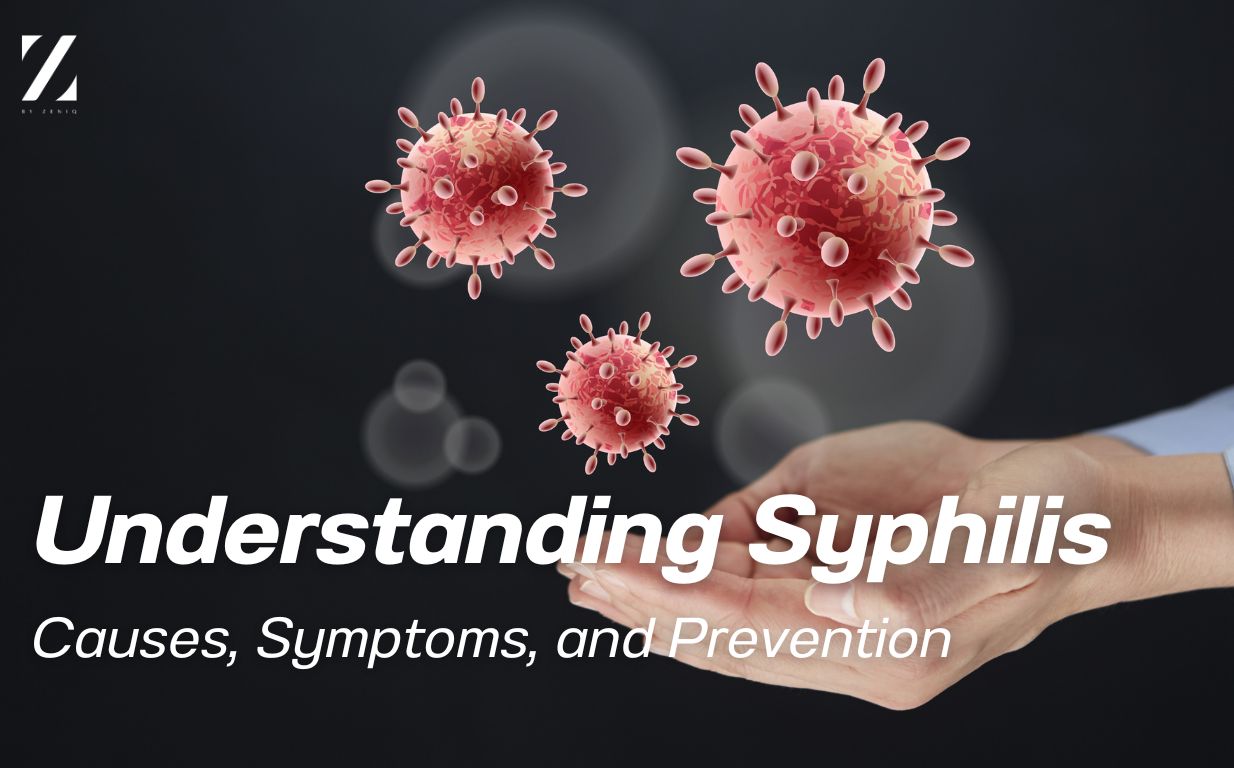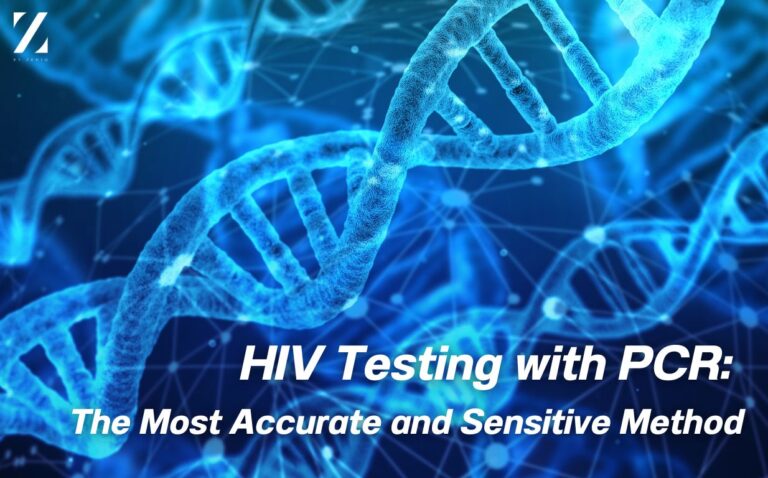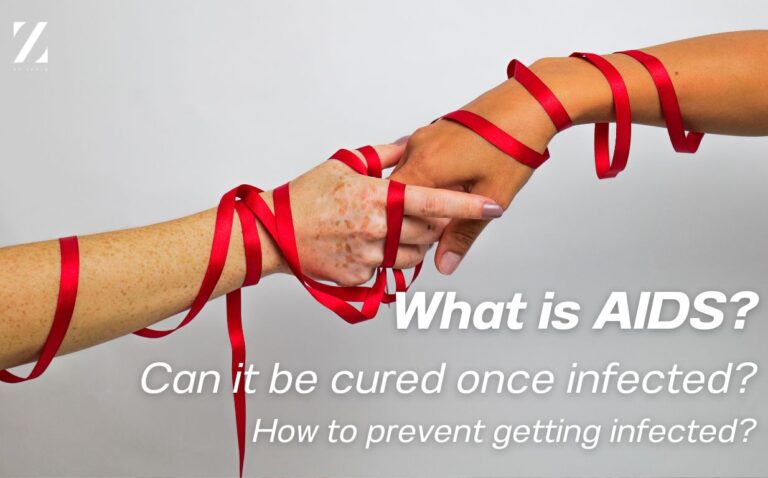Have you ever heard of “syphilis”? This sexually transmitted infection (STI) can quietly exist in your body without showing any symptoms. If left untreated, it can lead to severe health issues such as heart disease, vascular complications, and even nerve damage. Let’s dive deeper into syphilis to better understand it and learn how to protect yourself and your loved ones.
What Is Syphilis?
Syphilis is a bacterial infection caused by Treponema pallidum. It spreads through direct contact with sores or bodily fluids of an infected individual. In its early stages, syphilis typically causes painless sores called chancres, which can appear on the genitals, mouth, or rectum. Without proper treatment, the infection can progress, affecting internal organs, the nervous system, the heart, and blood vessels, potentially causing severe complications.
How Is Syphilis Transmitted?
Syphilis is transmitted through:
- Sexual contact: Vaginal, anal, or oral sex, especially without using condoms.
- Direct contact: Exposure to sores or bodily fluids, such as saliva or blood, from an infected person.
- Mother-to-child transmission: During pregnancy or childbirth, syphilis can pass from mother to baby, leading to congenital syphilis.
Congenital Syphilis: Risks and Prevention
Babies can contract syphilis in the womb or during birth. If untreated, congenital syphilis can cause serious complications like heart or brain issues, premature birth, low birth weight, or even stillbirth. Symptoms in affected infants include skin rashes, deafness, dental abnormalities, or a specific nasal deformity known as “saddle nose.”
To prevent congenital syphilis:
- Pregnant women should undergo regular STIs screenings as recommended by their doctor.
- Early detection and treatment reduce the risk of complications and ensure a healthy baby.
Symptoms in Men and Women
Syphilis symptoms can vary between men and women, but common signs include:
- Painless sores (chancres) on the genitals, mouth, or rectum.
- Rash, swollen lymph nodes, fever, sore throat, headaches, weight loss, muscle aches, hair loss, and fatigue.
Unique symptoms:
- Women: Sores may occur in harder-to-detect areas like the cervix or vaginal walls.
- Men: Sores often appear on the penis, scrotum, anus, groin, or inside the urethra.
Syphilis vs. Chancroid
Chancroid, sometimes confused with syphilis, differs in several ways:
- Painful sores, unlike syphilis chancres.
- Multiple irregular sores instead of a single one.
- Rough edges and a dirty base, often with pus.
Consult a healthcare provider for accurate diagnosis and treatment.
The Four Stages of Syphilis
Syphilis progresses through four distinct stages, each with different symptoms:
- Primary Stage:
- Appears 3 weeks post-infection.
- A painless chancre forms at the infection site and resolves within 3–8 weeks.
- Secondary Stage:
- Appears 3–12 weeks after initial infection.
- Symptoms include a widespread rash (including palms and soles), mouth sores, swollen lymph nodes, fever, and fatigue.
- Symptoms may disappear on their own, but the infection remains.
- Latent Stage:
- An asymptomatic phase where the infection is dormant but still active internally.
- It can last years before progressing to the final stage.
- Tertiary Stage:
- Occurs in 15–30% of untreated cases, years after infection.
- Severe complications, including brain damage, heart disease, and blindness, may develop.
Diagnosis and Treatment
Diagnosis:
- Dark-field microscopy: Detects bacteria in samples from sores.
- Blood tests: Measures antibodies. Common tests include VDRL, RPR (screening), and FTA-ABS, TPHA (confirmation).
- Spinal fluid analysis: For patients with neurological symptoms.
Treatment:
- Antibiotics, particularly penicillin, are effective in all stages.
- Early-stage infections may require a single injection, while advanced cases need extended treatment.
Prevention Tips
- Practice safe sex: Always use condoms and ensure they are intact.
- Limit risk behaviors: Avoid multiple partners and sharing needles.
- Regular screenings: Annual health checks or STI screenings.
- Hygiene: Clean yourself after sexual activity.
- Consult a doctor: Seek medical advice for unusual symptoms.
Conclusion
Syphilis is a serious yet preventable and treatable STI. Early detection through regular screening and safe sexual practices are key to avoiding complications and protecting yourself and others.At Z by Zeniq, Your trusted partner in confidential and comprehensive sexual health care. Our expert team specializes in screening, diagnosing, and treating sexually transmitted infections. Here, you can undergo syphilis testing and receive personalized advice from experienced medical professionals—all in a safe and secure environment.




